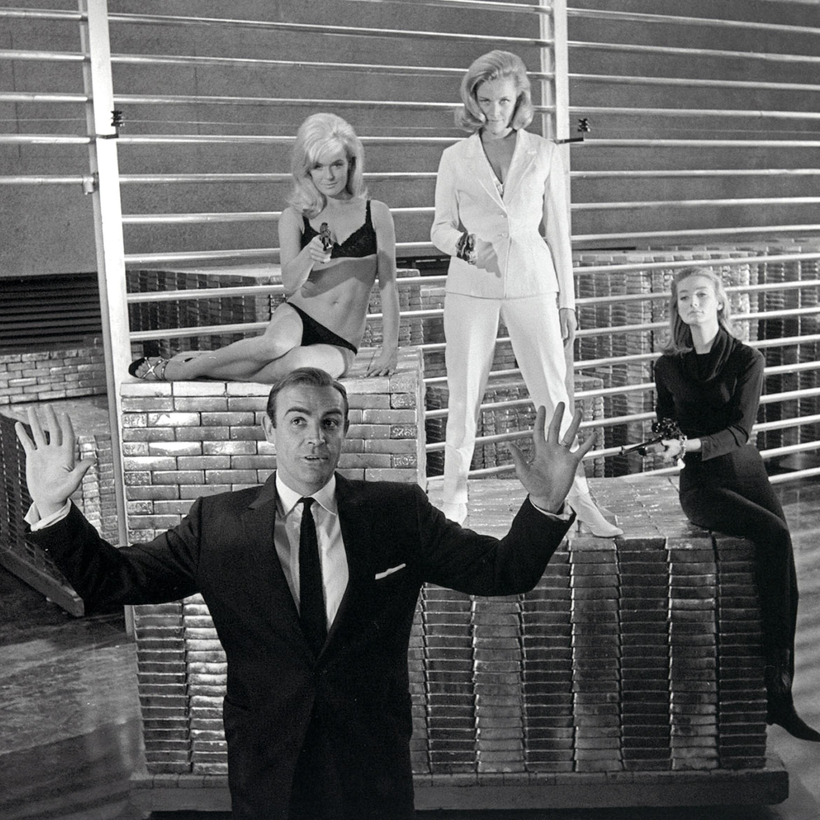There was a stunned hush at the Royal Albert Hall on September 28, 2021, as the closing credits rolled on the world premiere of No Time to Die. Fans and royal guests, including Prince Charles, took stock: their hero had just been blown to smithereens. He was dead. Was that it? No more martinis for Mr. Bond?
The panic, though, was short-lived, as the final words on screen announced: “James Bond will return.” But the questions soon started buzzing. When and how would 007 rise again, and who would it be? James Bond is dead! Long live James Bond?

